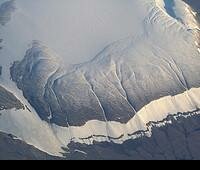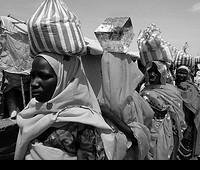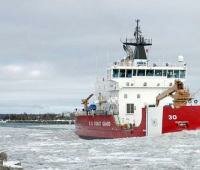Competition over resources
In the environmentally constrained but more populous world that can be expected over the course of this century, there will be greater scarcity of three key resources: food, water and energy. Demand for all three resources is already beyond that which can be sustained at current levels. Once population growth and the effects of climate change are factored in, it is clear that greater competition for such resources should be expected, both within and between countries, potentially leading in extreme cases to conflict.




 What a rollercoaster ride the story of global food prices has been this year – and we’re only a month in.
What a rollercoaster ride the story of global food prices has been this year – and we’re only a month in.